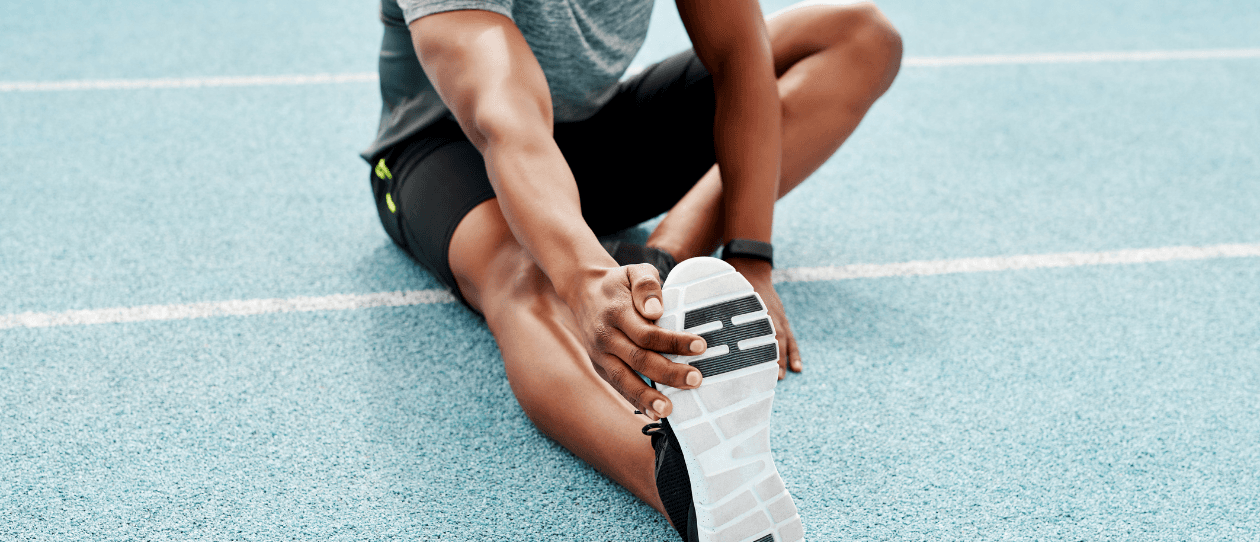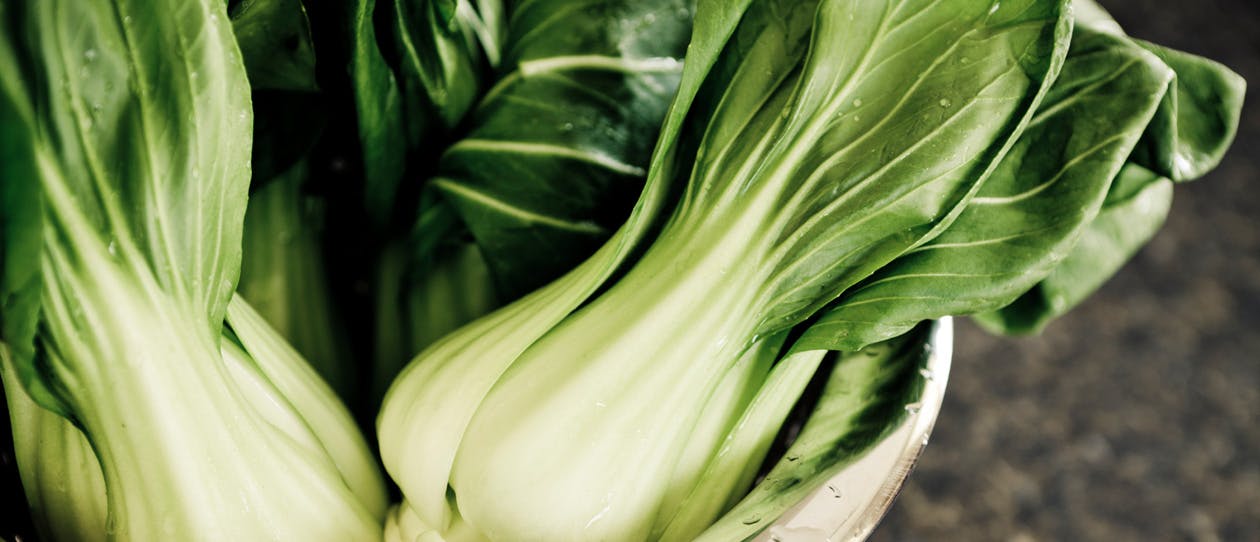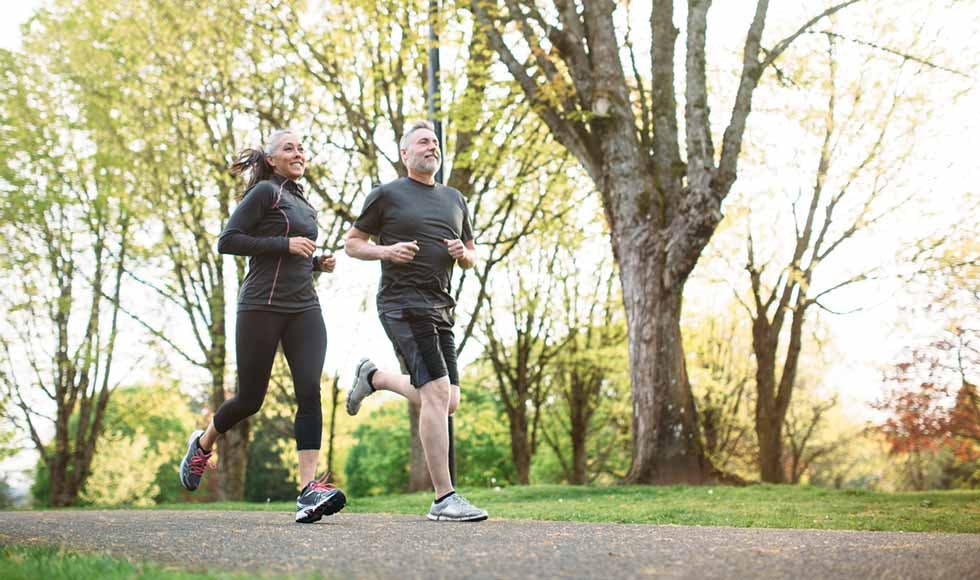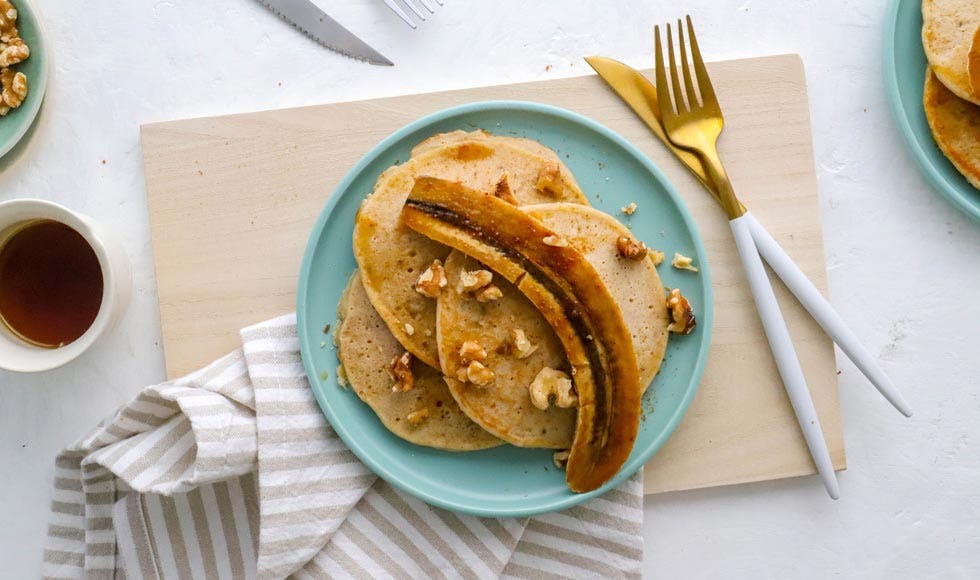
- Health hub/
- Arthritis, joint, bone & muscle/
- Helping say goodbye to muscle pain


Perhaps ‘go hard or go home’ may not be the best advice for our muscles after all. And, a more softly, softly attitude is one to adopt instead. While muscle pain isn’t always a bad sign, there are ways to avoid pain without ‘soldiering on’.
Why is my muscle so sore?
Sometimes, after a new exercise or you pushed harder than usual, you may experience sore muscles. Unless you’ve injured yourself, this is completely normal. It’s a sign your body worked harder than it normally would. Delayed onset muscle soreness (DOMS) is caused by microdamage to your muscle fibres and inflammation. While this sounds like a bad thing, it’s actually not. This is how your muscles get prepared for the same exercise next time. That’s why your muscles hurt less and less each time you do the same activity.
Luckily, there are ways to reduce the likelihood of DOMS.
Keep moving
Most people would rather curl up on the couch than exercise when sore. But, walking, swimming or yoga at moderate intensity can keep your blood moving. This moves the inflammation process onward and has been shown to reduce muscle pain. When exercising, break up your week into some high and low intensity activities, rather than working hard with every exercise. You’ll recover faster and feel stronger.
Eat your way out of sore muscles
Sore muscles need protein to rebuild. Protein can be found in -
Try to spread your protein intake throughout the day. Studies have shown that eating protein as a snack between meals may make you feel fuller, so in fact you eat less calories over the day . Eating a handful of nuts before bed may help your muscles repair faster while you sleep.
Get a good night’s sleep
Muscle repair occurs mostly when we sleep. According to The Sleep Health Foundation, adults should aim for 7 to 9 hours sleep each night. A good night's sleep should help you recover from DOMS quicker than burning the candle at both ends.
Recover with heat
If your muscles still hurt after 24 hours, try a heat pack. Heat can encourage blood to move to the sore muscle, easing the tightness. Blood circulating to sore muscles can help speed up the recovery in that area. More oxygen and nutrients get to where they’re needed. Circulation also removes lactic acid, which can build up after a long, strenuous exercise.After exercising, try relaxing in a hot bath, sauna or snuggling up on the couch with a hot water bottle. Be careful not to burn yourself or inflame your muscle.
Vitamins and minerals to help with muscle pain
Avoid muscle cramps
Muscle cramps are harmless, but waking up in the middle of the night with a sudden leg spasm can hurt. Exercising for longer or harder than usual can cause a cramp. A cramp is when one of your muscles, usually your calf, suddenly contracts and needs to be stretched out again.
Cramps can occur more often in older people with less muscle mass, as they can overstress their muscles easily. Dehydration while participating in warm-weather sports can lead to muscle cramps too.Drinking plenty of water during and after your exercise can help prevent cramps. Stretching the area can also help.
Drink plenty of water
Water keeps fluids moving throughout your body. Drinking water may ease inflammation and flush out waste products like lactic acid. Staying hydrated helps to deliver much needed nutrients to your muscles for repair. High body temperature, heart rate, fatigue and muscle cramps have all been blamed on dehydration. You lose a lot of water through sweat while exercising. Drinking enough fluids will help you concentrate and increase your endurance.
Muscle pain is a sign of an intensive workout and is best followed by a lighter workout the next day. Plenty of sleep, good nutrition and water will see you through the pain, ready for a good workout in no time.




